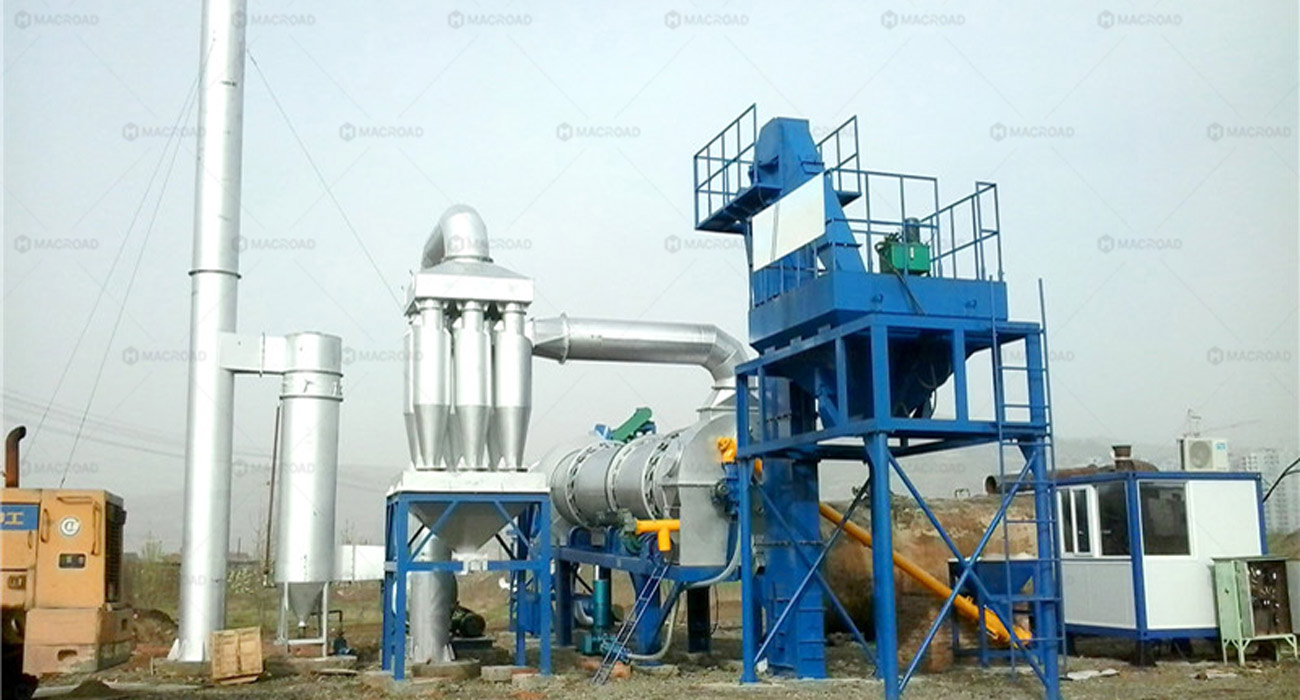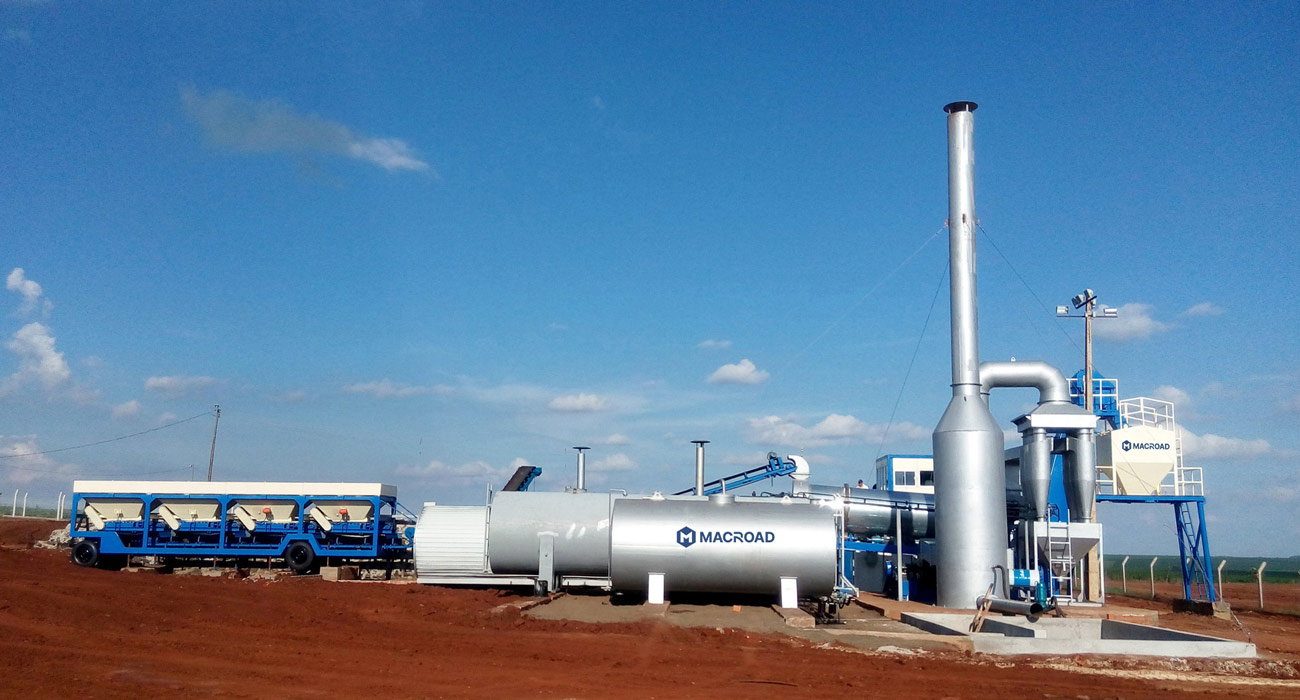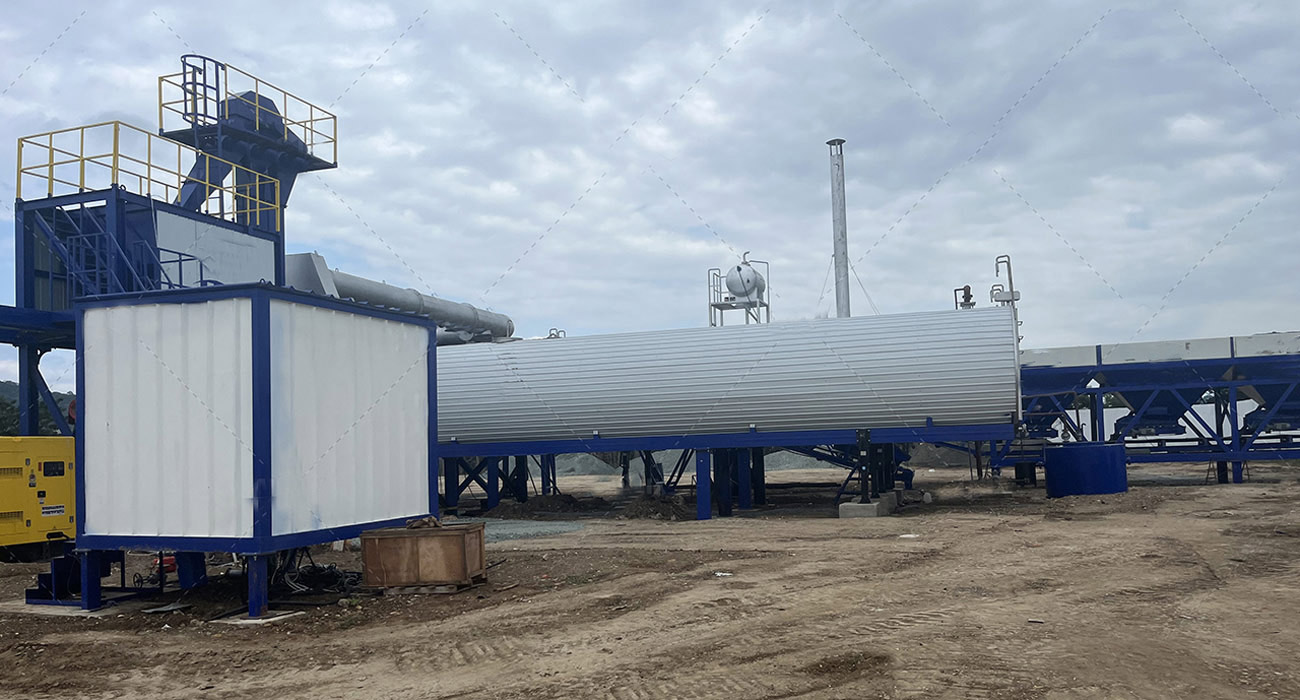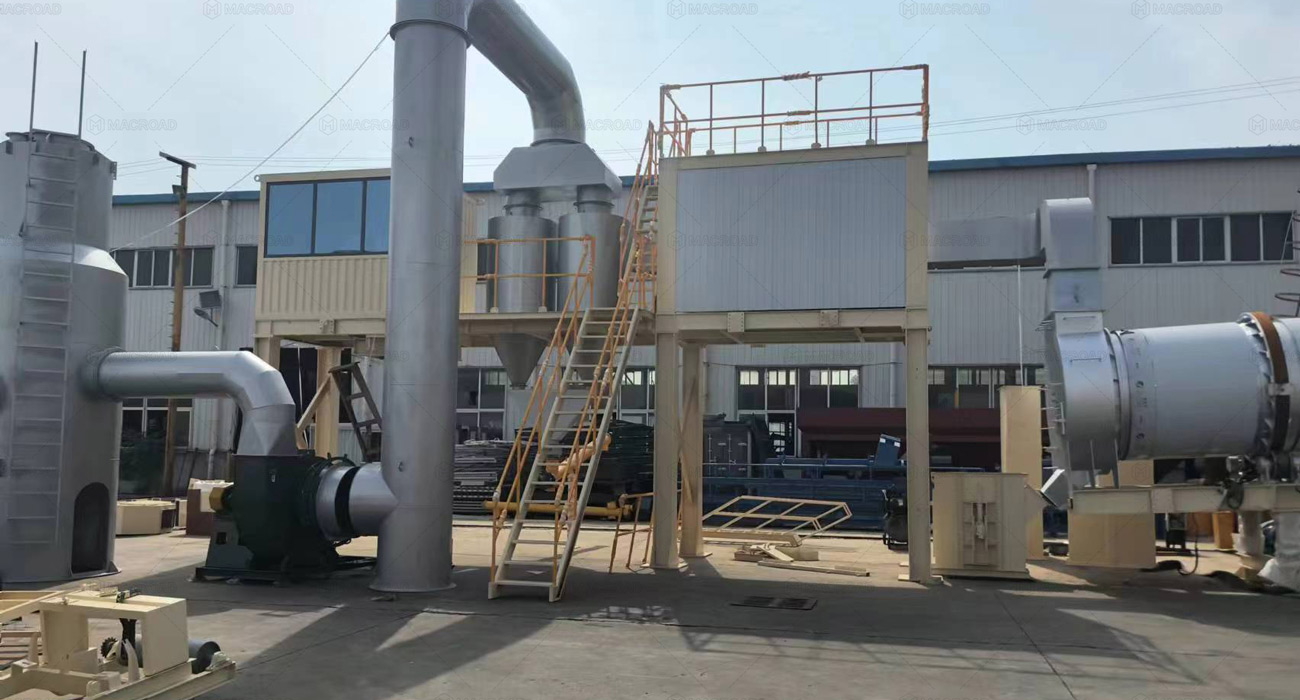In rural roads construction, portable asphalt drum mix plants play a vital role in meeting the small-batch and decentralized asphalt production needs. The efficiency of asphalt debarrel equipment and the stability of asphalt supply are critical factors that directly influence the continuous production capacity of the mixing plant. This article explores how to effectively coordinate the operation rhythm of these two types of equipment to avoid interruptions in asphalt supply and ensure that qualified asphalt mixtures are timely provided for rural road construction.

Understanding the Production Dynamics
To optimize the performance of a portable asphalt drum mix plant, it is essential to understand the dynamics of asphalt production. The mixing plant requires a consistent supply of quality asphalt, which is heavily reliant on the effective functioning of asphalt debarrel equipment. This equipment is responsible for preparing the liquid asphalt from barrels, and its efficiency can significantly impact the overall production process.
When operating a portable asphalt drum mix plant, the goal is to achieve a balance between the production capacity of the mixing plant and the debarrel efficiency of the equipment. If the debarrel equipment operates at a lower capacity than what the mixing plant requires, it can lead to supply interruptions, ultimately causing delays in rural roads construction. Therefore, a strategic approach to coordinating these operations is necessary.

Adjusting Operation Frequencies
One effective way to ensure a smooth operation is by adjusting the start-stop frequency of the asphalt debarrel equipment based on the hourly production capacity of the mixing plant. This means monitoring the asphalt demand from the mixing plant and scheduling the debarrel equipment to operate in sync with these demands.
For instance, if the portable asphalt drum mix plant is producing at a higher capacity, the debarrel equipment should be set to operate more frequently to keep up with the asphalt supply needs. Conversely, during periods of lower production, the debarrel equipment can be adjusted to run less frequently, conserving resources while still ensuring that sufficient asphalt is available when required.

Pre-Debarrel Preparation
Another important strategy is to reserve an appropriate amount of liquid asphalt through pre-debarreling. This proactive approach allows the mixing plant to maintain a steady supply of asphalt during peak production times. By preparing a reserve of liquid asphalt in advance, operators can mitigate the risk of supply interruptions that could lead to costly delays.
Implementing a pre-debarrel strategy involves setting aside a specific quantity of asphalt based on anticipated production levels. This reserve can then be readily accessed by the portable asphalt drum mix plant when production demands increase, ensuring that the flow of asphalt remains uninterrupted and that construction schedules are adhered to.

Monitoring and Adjusting Supply Levels
To further enhance coordination between the portable asphalt drum mix plant and asphalt debarrel equipment, establishing a monitoring system to track supply levels is crucial. This system can provide real-time data on the amount of asphalt available, the production rates of both the mixing plant and debarrel equipment, and any potential bottlenecks in the supply chain.
By continuously monitoring these factors, operators can make informed decisions about when to adjust the operation of the debarrel equipment or increase production levels at the mixing plant. This proactive management approach not only helps prevent shutdowns due to asphalt supply interruptions but also optimizes the overall efficiency of rural roads construction projects.
Conclusion: Ensuring Continuous Asphalt Supply
In conclusion, coordinating the operation of portable asphalt drum mix plants and asphalt debarrel equipment is essential for efficient rural roads construction. By understanding production dynamics, adjusting operation frequencies, implementing pre-debarrel preparation, and establishing monitoring systems, enterprises can ensure a steady supply of quality asphalt. This strategic approach not only minimizes the risk of construction delays but also enhances the overall productivity of asphalt production, leading to successful project outcomes in rural road infrastructure.
